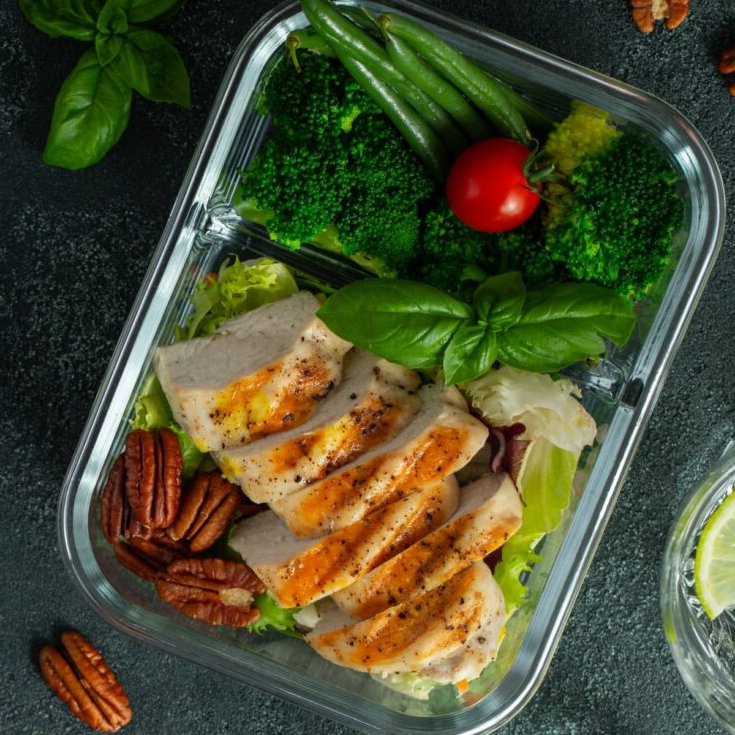Liver function refers to the various biochemical processes carried out by the liver, which is one of the largest and most important organs in the human body.

The liver, a vital organ in the human body, is responsible for an array of crucial functions essential for overall health. Firstly, it acts as the metabolic powerhouse, regulating blood sugar levels by storing glucose as glycogen or releasing it as needed. Moreover, the liver aids in the breakdown of fats, carbohydrates, and proteins, ensuring proper energy production and utilization. This metabolic role extends to detoxification, as the liver processes and neutralizes harmful substances such as drugs, alcohol, and environmental toxins, preparing them for elimination from the body.
Additionally, the liver plays a pivotal role in digestion by producing bile, a substance crucial for fat digestion and absorption. Bile is stored in the gallbladder and released into the small intestine to emulsify fats, facilitating their breakdown by digestive enzymes.
Furthermore, the liver synthesizes various proteins essential for bodily functions, including albumin for maintaining blood volume and clotting factors necessary for blood coagulation. It also stores important nutrients such as vitamins and minerals, regulating their availability as needed.
Superfoods for liver health
Keeping your liver healthy is crucial for overall well-being as it plays a vital role in detoxification and metabolism.
Here are 10 superfoods that can support liver health:
- Turmeric: Contains curcumin, a compound with powerful anti-inflammatory and antioxidant properties that can help protect liver cells from damage.
- Garlic: Rich in allicin and selenium, garlic helps activate liver enzymes that aid in the detoxification process.
- Broccoli: Packed with antioxidants and fiber, broccoli supports liver detoxification pathways and helps reduce inflammation.
- Leafy greens (e.g., spinach, kale, arugula): High in chlorophyll, leafy greens help neutralize toxins and support liver function.
- Green tea: Contains catechins, compounds with antioxidant properties that can help protect the liver from damage caused by toxins and free radicals.
- Beetroot: Contains betaine, a compound that helps the liver eliminate toxins and supports overall liver function.
- Walnuts: Rich in omega-3 fatty acids and antioxidants, walnuts can help reduce inflammation and support liver health.
- Avocado: Contains glutathione, a powerful antioxidant that supports liver detoxification and protects liver cells from damage.
- Grapefruit: Contains antioxidants and vitamin C, which can help reduce inflammation and protect liver cells from damage.
- Olive oil: Rich in healthy fats and antioxidants, olive oil can help reduce inflammation and support liver function.
Diet
When it comes to liver health, a well-rounded and balanced diet is typically recommended.
Several dietary patterns have been associated with benefits for liver health, including:
- Mediterranean diet: This dietary pattern emphasizes fruits, vegetables, whole grains, legumes, nuts, seeds, and healthy fats such as olive oil. It includes moderate amounts of fish and poultry, limited red meat consumption, and low to moderate intake of dairy and wine. The Mediterranean diet has been associated with reduced risk of liver disease and may help improve liver function markers.
- Plant-based diet: Plant-based diets, which focus on whole plant foods such as fruits, vegetables, legumes, nuts, seeds, and whole grains, have been linked to improved liver health. These diets are typically rich in fiber, antioxidants, and phytonutrients, which can help reduce inflammation and support liver function.
- DASH diet (Dietary Approaches to Stop Hypertension): The DASH diet emphasizes fruits, vegetables, whole grains, lean proteins, and low-fat dairy products while limiting sodium, saturated fats, and refined sugars. It has been associated with lower risk of liver disease and may help improve liver function markers.
- Low-glycemic index diet: Diets that focus on low-glycemic index foods, which cause a slower and steadier rise in blood sugar levels, may be beneficial for liver health. These diets typically include whole grains, non-starchy vegetables, legumes, and fruits with low glycemic index values.
- Anti-inflammatory diet: Foods that help reduce inflammation in the body, such as fatty fish rich in omega-3 fatty acids, fruits, vegetables, nuts, seeds, and olive oil, may be beneficial for liver health. Avoiding pro-inflammatory foods such as processed foods, sugary beverages, and excessive amounts of red and processed meats is also important.
It’s important to note that individual dietary needs and preferences may vary, so it’s essential to choose a diet that aligns with your overall health goals and lifestyle.
Conclusion
Incorporating these superfoods into your diet along with a balanced and healthy lifestyle can help promote optimal liver health. However, it’s essential to consume these foods as part of a varied and balanced diet rather than relying solely on them for liver health.
The liver contributes significantly to immune function by filtering out bacteria, viruses, and other harmful substances from the bloodstream. It produces immune factors that aid in fighting infections and inflammation, bolstering the body’s defence mechanisms. Furthermore, the liver plays a role in regulating cholesterol and lipid levels, synthesizing cholesterol and transporting fats throughout the body via lipoproteins. Overall, the liver’s multifaceted functions are integral to maintaining homeostasis and promoting overall health and well-being.
If you have any underlying liver conditions, it’s always a good idea to consult with a healthcare professional for personalized advice.
